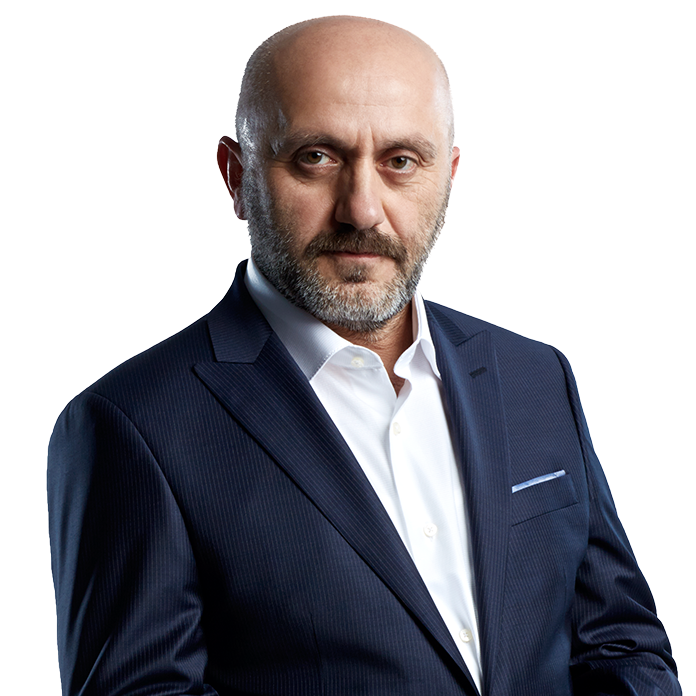With 57 million user accounts, Türkiye ranks as the fifth most active country on Instagram globally. In Türkiye, Instagram boasts 51 million monthly visitors, and its share of the online advertising market stands at around 30%. Furniture Industry Achieves $5 Billion in Exports in the First Seven Months of 2024 The top three export destinations were Iraq, Germany, and the United States. The average export price per kilogram is approximately $3.5, with a target of $6. In 2023, the sector reached $4.6
With 57 million user accounts, Türkiye ranks as the fifth most active country on Instagram globally. In Türkiye, Instagram boasts 51 million monthly visitors, and its share of the online advertising market stands at around 30%.
The top three export destinations were Iraq, Germany, and the United States. The average export price per kilogram is approximately $3.5, with a target of $6. In 2023, the sector reached $4.6 billion in exports, aiming for $6 billion by the end of the year.
However, in terms of quantity, exports dropped by 23%, from 84,749 tons to 65,325 tons. The increase in average export prices by 49.5%, from $1.80 to $2.69 per kilogram, resulted in a 15% increase in foreign exchange earnings. The top three export destinations were Germany, Iraq, and Romania.
As a net exporting sector, Türkiye is the third largest supplier to the European Union and the seventh worldwide. Turkish clothing brands have over 3,000 stores in more than 100 countries. Despite the global decline in demand affecting all sectors, Türkiye’s ready-to-wear exports increased by 13.8% in July. Overall exports grew by 4.1%, but seven-month ready-to-wear exports were down 10.2% compared to last year, with losses nearing 20% compared to 2022. Moreover, while exports shrink, imports are on the rise, with a 21.7% increase in the first five months.
During the Entrepreneurial Stage organized by the Eastern Mediterranean Development Agency’s Entrepreneur Development Program, Ultegra’s presentation, titled "The New Name in Ultra-Fast Digital Commerce," attracted a seven-figure investment. The investment was made by Yavuz Altun, CEO of Happy Center and author of the book “Compound Growth Strategy,” published in both Turkish and English. The parties agreed to keep the investment amount confidential.
"The real appreciation of the Turkish lira plays a crucial role in curbing cost-push inflation. However, the decoupling of exchange rate increases from inflation poses a significant challenge for our exports. The annual gap between exchange rate increases and inflation, nearing 50 points against the exchange rate, is alarming. In July alone, while the exchange rate rose by 0.6%, the Turkish Statistical Institute (TÜİK) reported a 3.23% increase in consumer prices (CPI), and ITO reported a 4% increase. The contraction and market loss in traditional product groups like textiles and apparel have reached critical levels. Therefore, we expect a balanced correlation between the exchange rate and inflation to be established."
Due to the perishable nature of early onions, producers were forced to sell their products quickly, leading to an oversupply and a drop in prices. A similar situation is unfolding with tomatoes, as producers, having failed to earn satisfactory income from other crops last season, turned to tomato production this year. Production areas in ketchup-producing regions like İzmir and Bursa have increased by up to 30%, resulting in an oversupply and price drops. Additionally, producers are facing difficulties with tomato paste factories, which are reluctant to sign contracts or impose high wastage rates on the contracted produce, leaving farmers at a loss. Last season, dried apricot prices reached as high as 190 liras, but this year, due to high yields, prices have dropped to 110 liras, below last season’s levels. Issues such as intermediaries driving up costs in agriculture, exchange rate problems in trade, and global trade contraction remain significant challenges for the economy.


